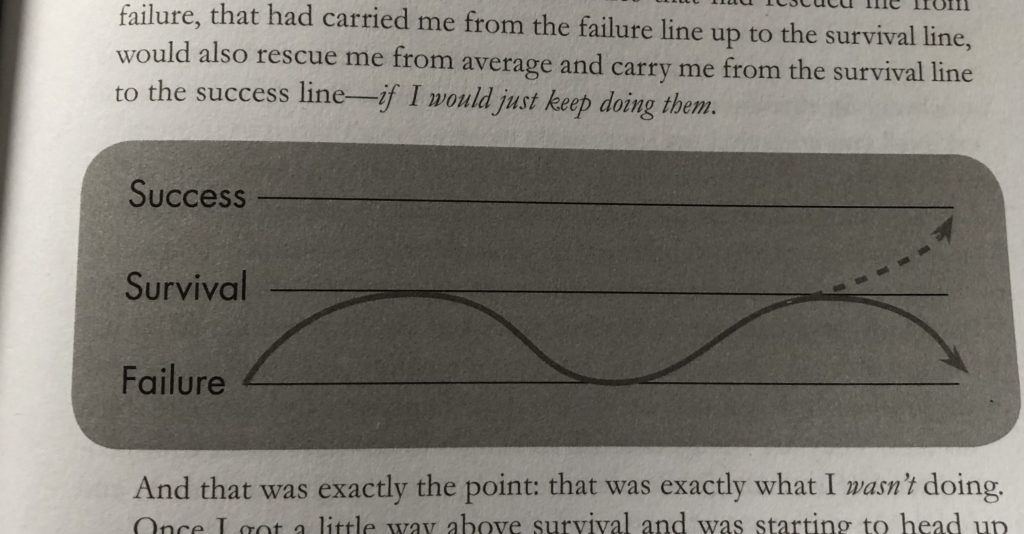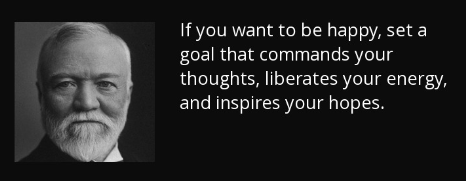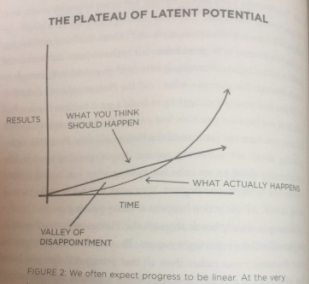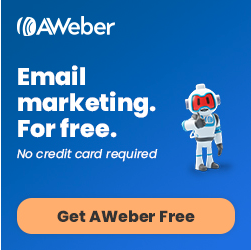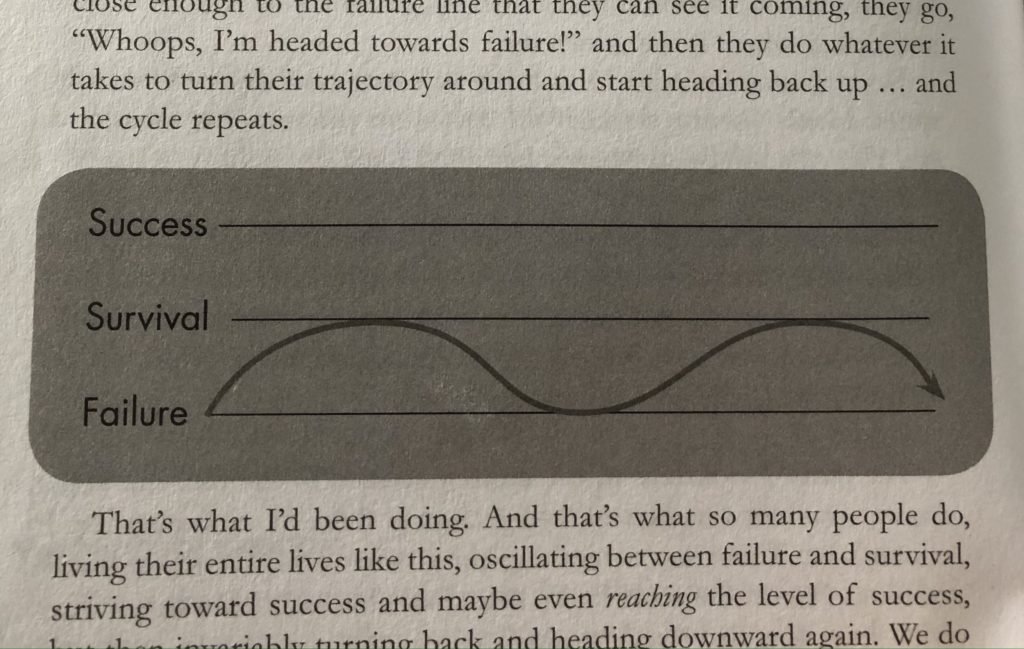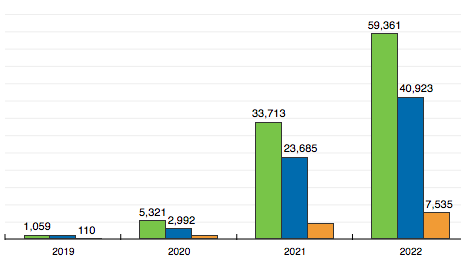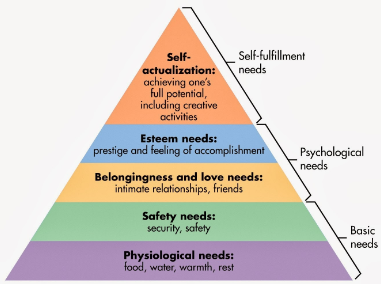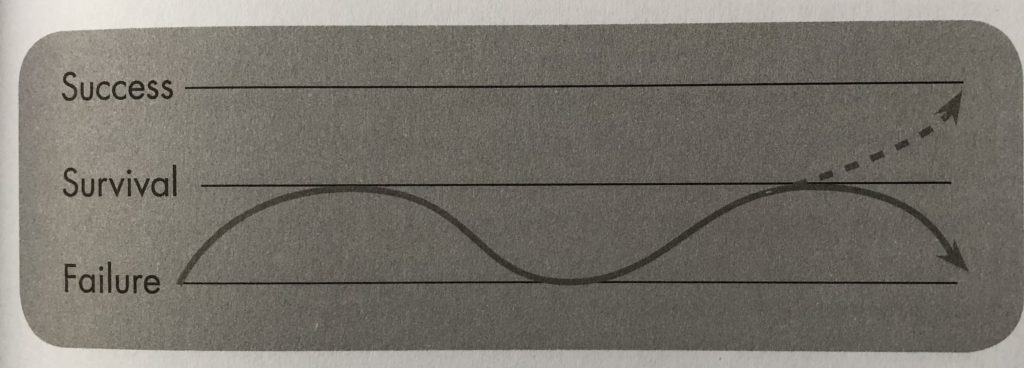How much time does it take to get traffic from a blog? Blogging is notoriously slow for generating traffic, but once you do start seeing traffic that traffic is completely free! Plus, over time and with enough work, you can see your traffic massively “up-ticking”. Eventually bloggers can generate thousands of daily visits to their website completely free, if they stick with it for long enough and do the right things.
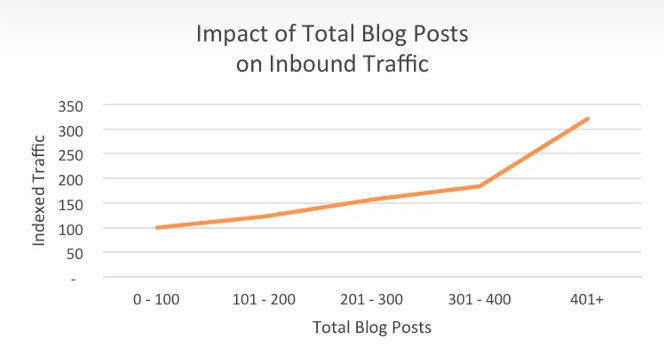
To make this a reality can take anywhere from a few months to a few years. In a very competitive niche you should expect it to take much longer. It also depends on the work you put in, too. If you’re blogging every day and actively promoting those blog posts you should see results faster than if you only post three times a week and/or if you don’t promote your posts.
Initially it’s advised to target long tail keywords with your post titles which gives you more opportunity for a ranking (due to low competition). This also gives you some authority with the search engines and, over time, pushes up your SEO score (Search Engine Optimisation).
How Much Time Does It Take To Get Traffic From A Blog – Promotion
However much content you create on your blog, you should definitely promote it as much as possible. Much of your content won’t rank on Google, especially if you choose shorter tail keywords which have a lot of competition. So don’t rely completely on the search engines to rank your content. It’s a nice bonus when your content does start ranking, but expecting it to will likely leave you a little disappointed.
Promote your content throughout your social media presence by placing links to it on your profiles and newsfeeds. You can also automate this process with the use of certain plugins, such as Revive Old Posts. I use this plugin plus a number of other ones to help with social media distribution and SEO. See best free blog plugins for WordPress for some of my favourites.
The other way you can promote your content is through an email list. Build an email list from your blog by offering a free giveaway of some kind. See don’t forget your email list for more on this.
How Much Time Does It Take To Get Traffic From A Blog – Link Building
Link building is another way to promote your blog authority and boost your online presence. It’s is a big part of SEO. Google uses the amount of incoming links as an indicator of your online trustworthiness. So if you want your blog to rank more prominently, it’s a good idea to build some authority back links from other sites within your niche.

The way to do this is to reach out to authority blogs in your niche and offer to write guest posts. Over time, as your content grows too, you should find people naturally linking to it. So write high quality content that will stand the test of time.
You can also build links by commenting on blogs in your niche. Or outsource link building to the professionals. I use this company for my link building strategy.
Your Niche
Your niche is going to be a pretty important factor in the time it takes to generate traffic. In a relatively uncompetitive niche, you can find traffic coming to your site organically within a few weeks if you’re creating regular content and promoting it. In a more competitive niche, it’s going to take longer because you’re unlikely to rank your content until you’ve built up some domain authority.
Still, you can promote content on social media and share to your list. If you’re willing to pay for a little extra traffic it can of course happen a lot faster. But organic traffic is definitely harder to come by than paid traffic.
Summary
It can take anywhere from a few weeks to a few months or even years to get organic traffic flowing freely to your blog. Initially there’s a lot of work involved in generating just a few hits (website visitors). But, over time as your content grows and you continue to share and promote it, you should find this growing.
Within a few weeks of creating and promoting content you should find a number of daily visitors are coming to your website. This will also depend on the amount of time and effort you put in and your ability to successfully promote your content throughout your social media platforms.
If you stick at it for long enough you should start generating traffic from multiple sources:
- Organically through the search engines
- Through your email list – sending out updates and informing your subscribers of your new posts
- Through sharing on social media
- Using share buttons and automated social media sharing software
- From links others share to your posts
- From your own back linking strategy
Efforts compound over time and as the search engines notice your growing authority and back link profile, you should be rewarded with a higher SEO score and continue to move up the rankings on the search engines, compounding the number of visits and hence shares and backlinks.

